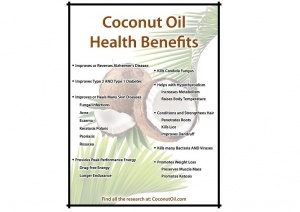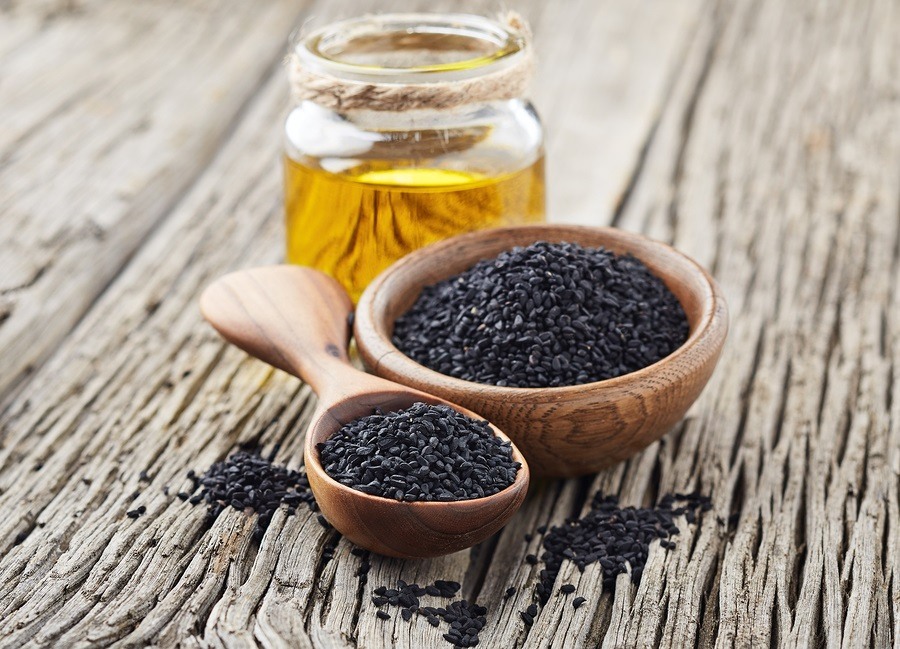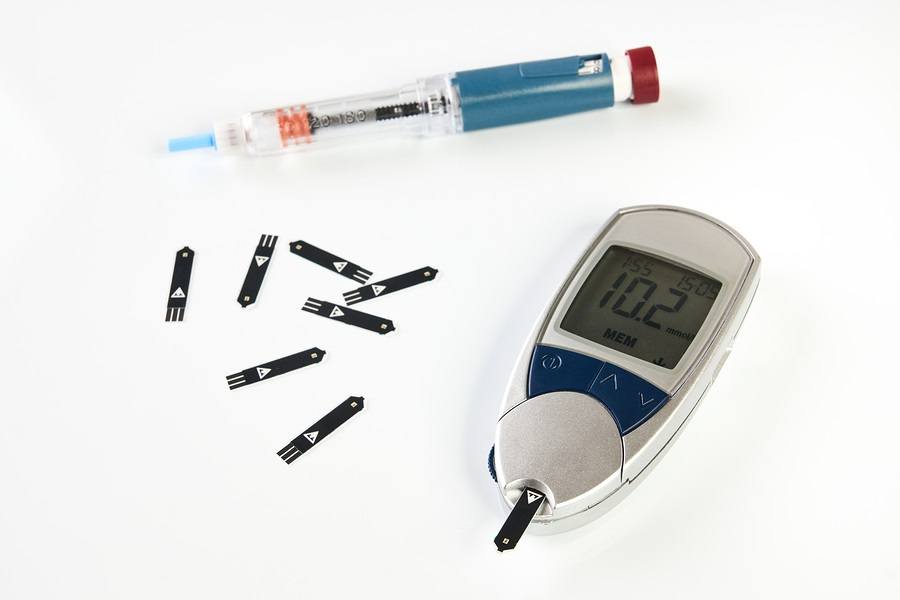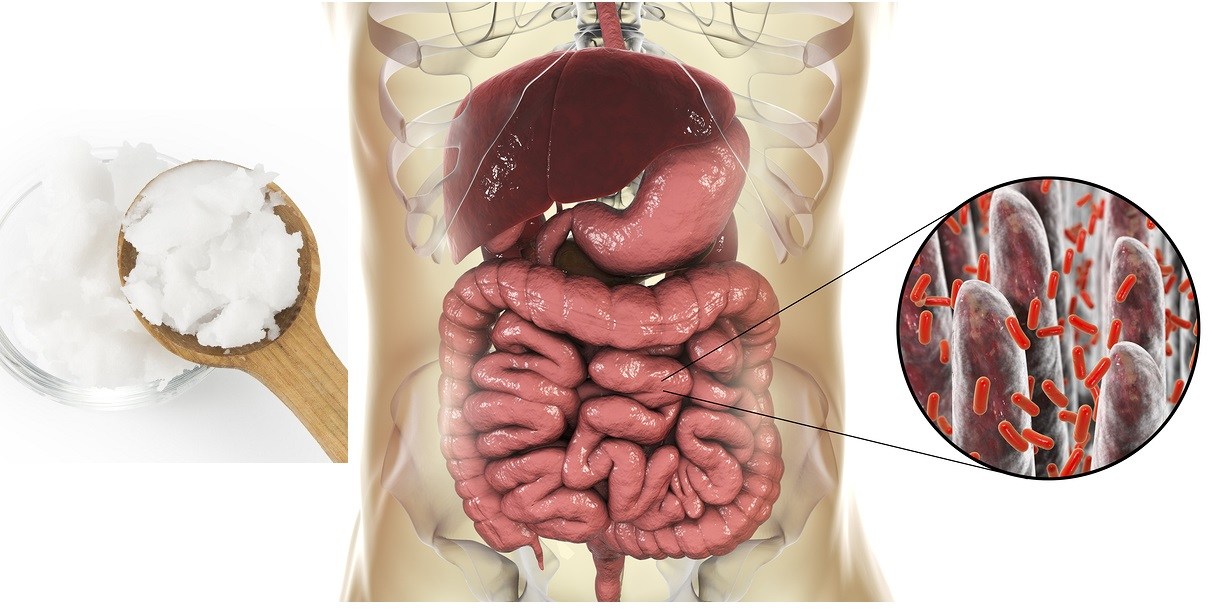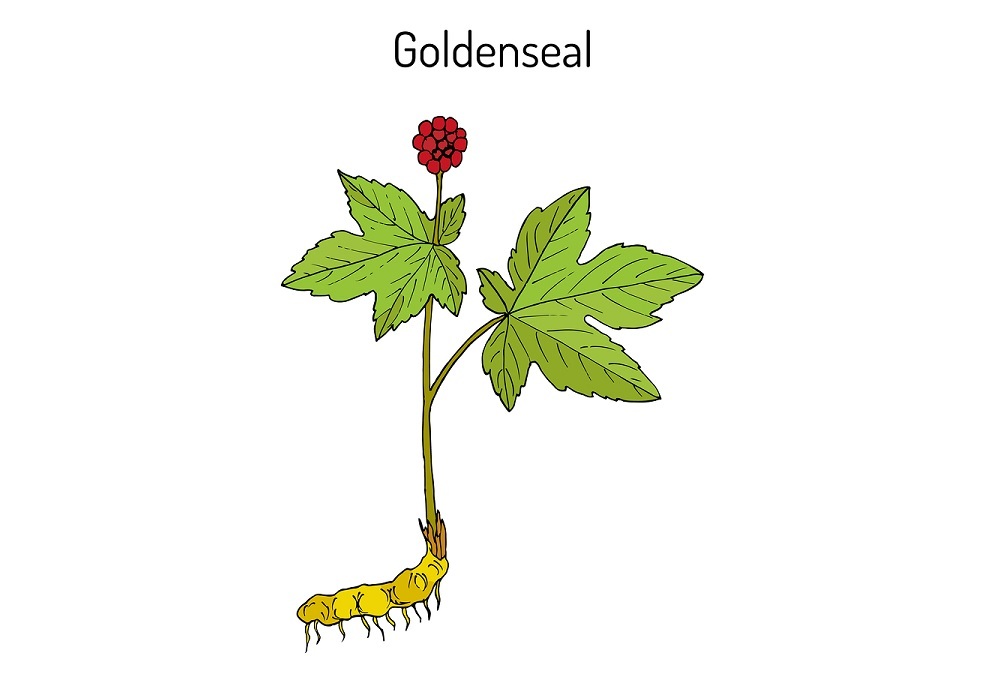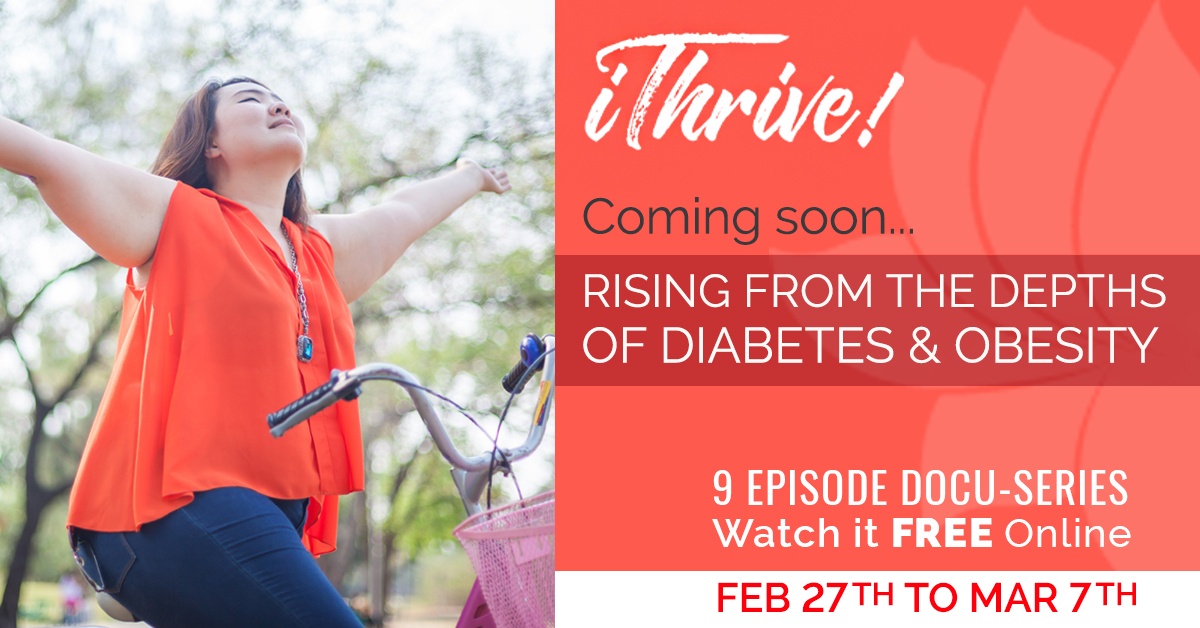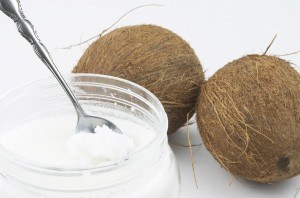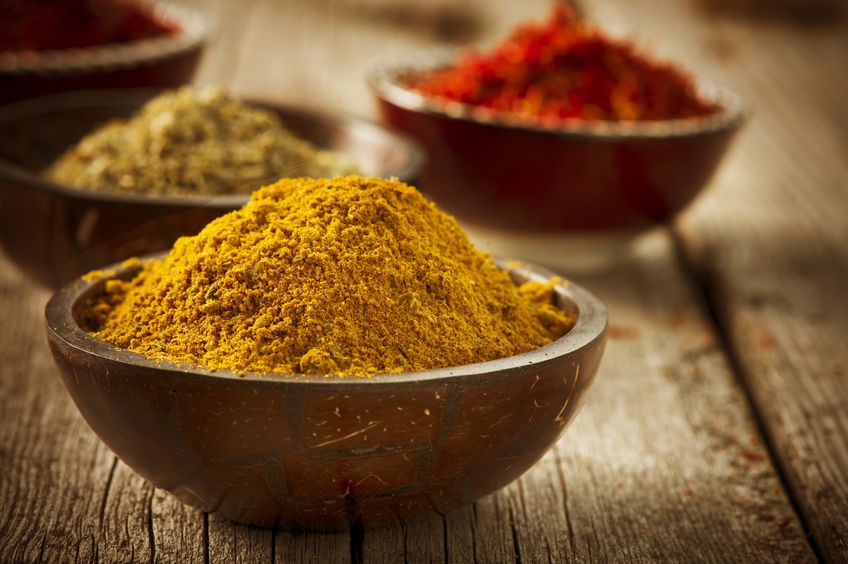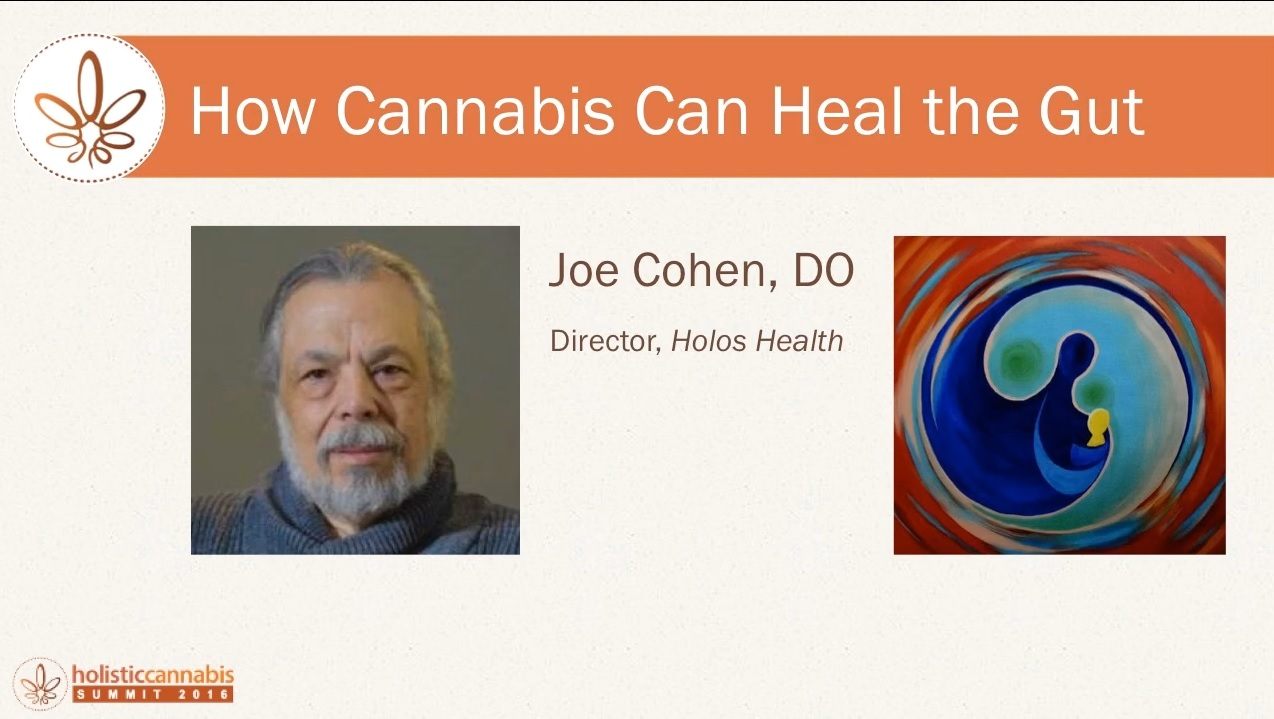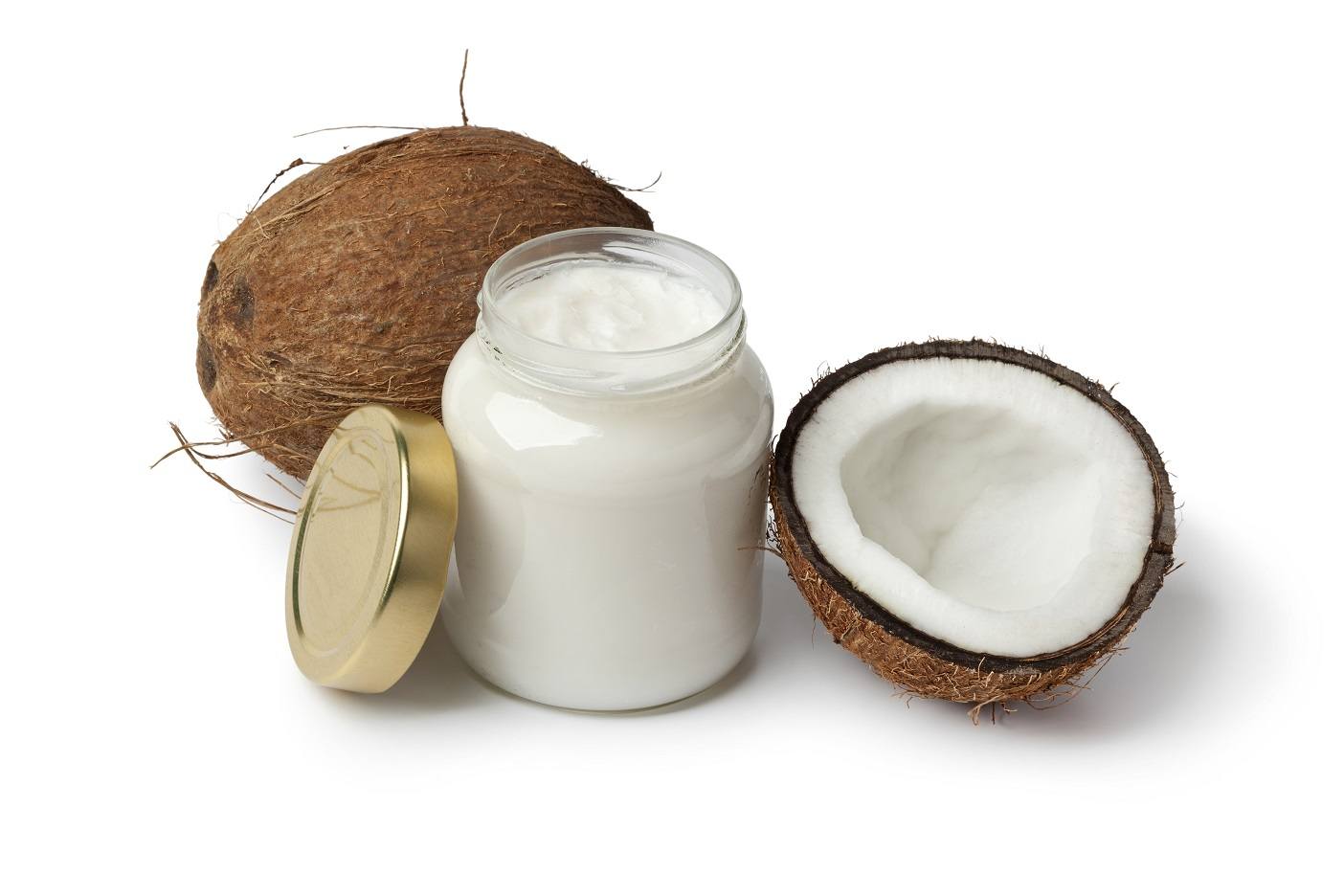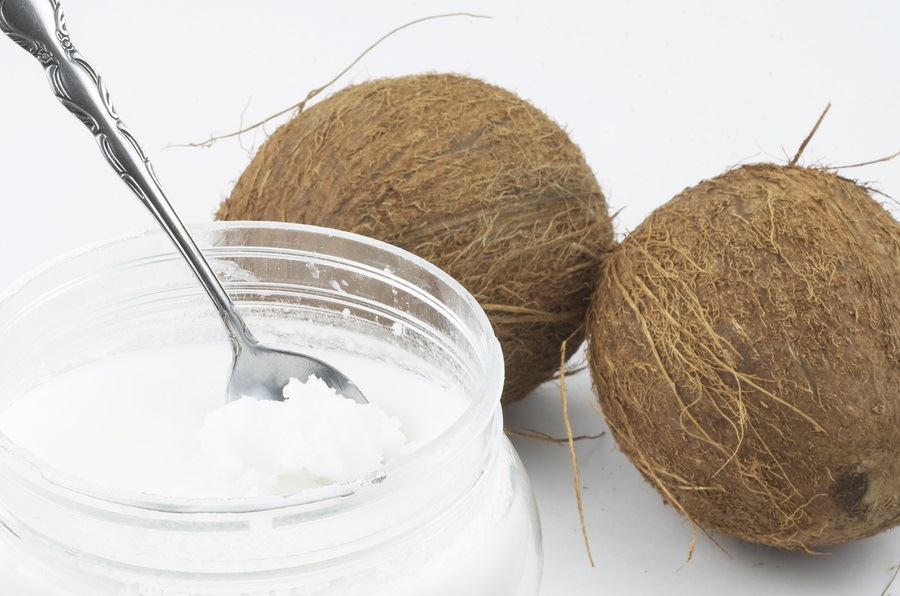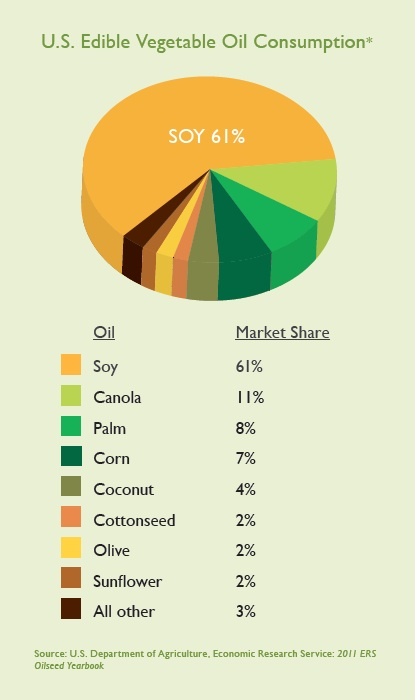The Great Diabetes Lie
Intriguing research into the diabetes epidemic has shed new light on the main drivers behind this disease. Conventional wisdom tells us that sugar consumption, lack of exercise, and obesity are behind the surge in diabetes. While these are contributing factors, new work in this area implicates environmental toxins as a far more important cause of diabetes, including chemicals like BPA and phthalates that are found in many everyday consumer goods. And while the evidence mounts demonstrating the toll these chemicals are taking on our health, the government is stubbornly refusing to do anything about it. Joseph Pizzorno, ND, demonstrates that the rise in sugar consumption predated the diabetes epidemic by four decades, casting doubt on the idea that sugar is a primary causal factor in diabetes. The increased incidence of obesity is another common culprit, but Pizzorno argues that obesity is caused by the same things as diabetes: persistent organic pollutants (POPs). Pizzorno demonstrates that the rise in production of synthetic organic chemicals is closely aligned with the prevalence of diabetes. Pizzorno and his colleagues have been working to estimate the percentage of disease that is caused by POPs (you can read about their methodology here). The results are stunning. According to their research, about 90% of diabetes cases could be attributed to the “massive increase in body load of toxins.” The worst chemicals are BPA (bisphenol A), arsenic, phthalates, PAH (polycyclic aromatic hydrocarbons).





